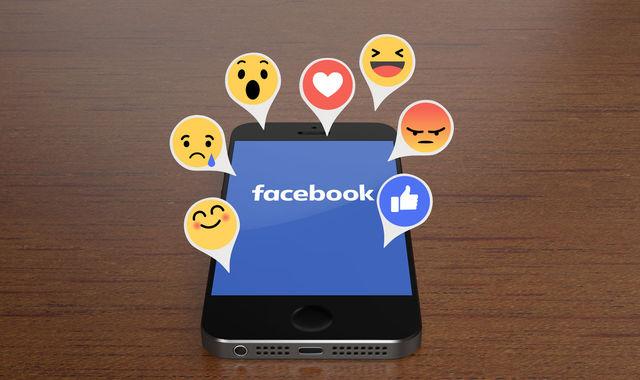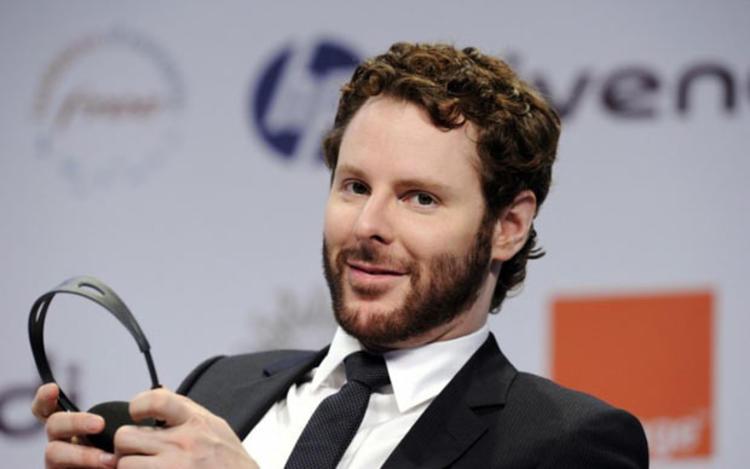
Shawn Parker, the former president of Facebook, recently made some revealing comments that suggested he might have been a key figure in shaping the company’s early direction. As one of the original founders, his insights into the development of social media carry significant weight.
This week, Parker participated in an event organized by Axios in Philadelphia as the founder of the Parker Institute for Cancer Immunotherapy. While the main focus of the event was on advancements in cancer treatment, Parker took the opportunity to share some reflections on his time with Facebook. He posted his thoughts on social media, highlighting some of the ethical dilemmas he now faces.
Recalling his early days working with Facebook, Parker shared a conversation from years ago: “When I first worked with them, I said that they would one day suffer from social media addiction. They responded by saying no, that they valued real life and cherished moments with loved ones. I told them it was because they were in it, but one day they would be addicted.â€
Parker revealed that the original goal of Facebook was to keep users engaged for as long as possible. To achieve this, features like the “Like†button were designed to trigger dopamine responses, encouraging more frequent use. “We knew what we were doing. Zuckerberg, Kevin Systrom from Instagram, and I all understood the psychology behind it,†he admitted.
“This is a form of social connection, but only someone like me—someone who thinks like a hacker—would consider exploiting human weaknesses for profit.†Parker continued to emphasize his role in shaping the platform’s design, even as he now questions its long-term impact.

Shawn Parker.
Parker has a long history of hacking and innovation. He started programming at just 7 years old and gained notoriety at 16 when he hacked into a Fortune 500 company’s website. The FBI eventually tracked him down via an IP address, but since he was under 18, the court sentenced him to community service instead of jail time.
He became a millionaire after co-founding Napster, the controversial MP3-sharing site, but his biggest financial success came from Facebook. In 2004, he helped bring in Peter Thiel, a prominent Silicon Valley investor, and became the company’s first president. Mark Zuckerberg later credited Parker for transforming Facebook from a college project into a global business.
However, Parker’s career wasn’t without controversy. A year later, he was arrested for smuggling heroin and eventually left Facebook, giving up half of his shares. Despite this, he still held over $2.6 billion in stock and used the money to establish the Parker Foundation in 2015, supporting initiatives in life sciences, public health, and civic engagement.
Now, Parker reflects on the unintended consequences of his work. “I may not even know what the full impact of my actions will be. When a platform has billions of users, the effects can be unpredictable. It changes how people interact, affects relationships, and may even harm productivity. God only knows what it does to children’s thinking.â€
His comments seem to resonate with Facebook’s current challenges. In September, it was revealed that Russian hackers had used Facebook to run targeted ads during the 2016 election, influencing public opinion on sensitive issues like race, immigration, and gun rights. These ads violated U.S. election laws, which prohibit foreign interference in presidential elections.
Last month, Facebook was called before Congress alongside Twitter and Google to explain its role in the Russian interference. The investigation is ongoing, and the pressure on tech giants continues to grow.
Parker isn’t the first to voice concerns about the power of big tech. Tristan Harris, a former Google employee, has also spoken out against the manipulation of user behavior by major platforms. “People’s minds are being taken over by big tech companies. We didn’t want to live in a world where we weren’t free anymore,†he said.
Tension Pressure Laod Cell,Tension Load Cells,Tension Force Sensors,Tension Sensor Load Cell
Xiaogan Yueneng Electronic Technology Co., Ltd. , https://www.xgsensor.com